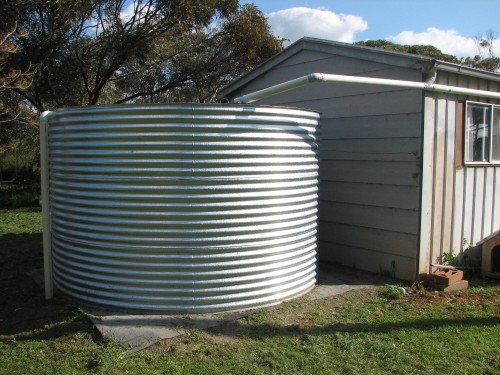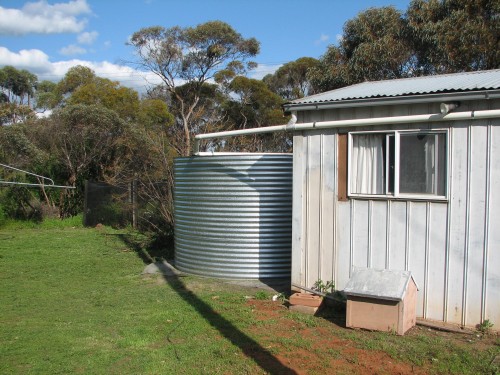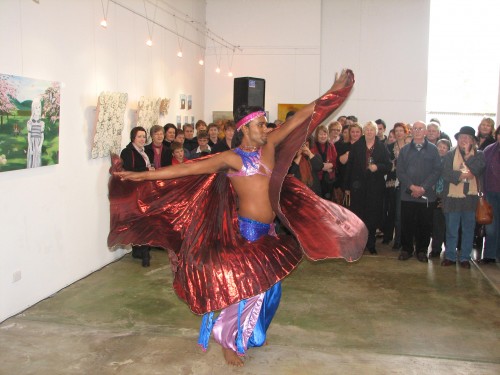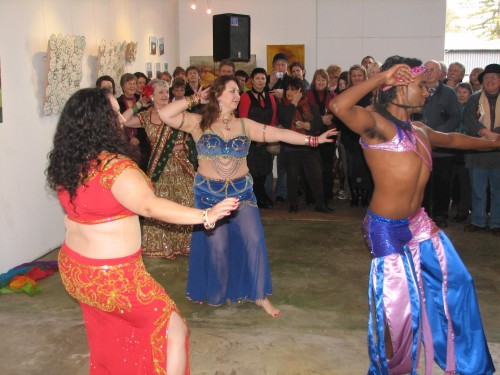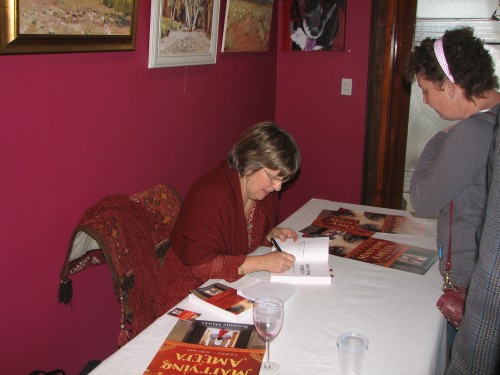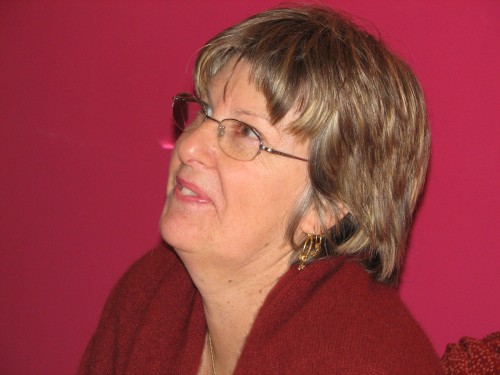
Cover - Searching for the secret river
I have recently read Kate Grenville‘s historical novel The Secret River. You can read my review here.
Straight after finishing the novel I went on to read her follow up book Searching for the Secret River.
In this second book she goes into great detail about how she researched the novel. The story is based upon the life of her great-great-great grandfather, but she took the facts gleaned from family history and extensive research both in London and in Sydney over a five year period and transformed it into fiction. She has used fact as a broad brush in the hands of her imagination and the finished novel is brilliant. It gives the reader a much clearer view of life in the early years of settlement in the young Australian colony.
Searching for the Secret River is a fascinating expose on the thinking processes of one of our leading authors. Grenville takes us on a journey from the first inklings of an idea for a book through to the finished product. At first she was planning a non fiction book but she struck so many obstacles along the way that she changed tack completely, fictionalising it and letting her imagination run. I’m pleased she did.
While she does address some of the issues faced by all writers of fiction, this is not a handbook on writing. Sure, she does explain why she changed from first to third person, but generally it was the research that so intrigued her that she recounts in the first part of the book. Throughout she grapples with her attitudes, and those of the settlers, towards the Aboriginal people who would have lived in the Sydney area during the time in which she sets her novel. She was confronted by some very unsavoury discoveries. The reader of the novel is likewise confronted by some of the events of those days. Australian history is not always the clean, lovely accounts I read as a student many years ago.
While she has drawn from actual historical records, her novel is not another version of history. ‘I was shameless in rifling through research for anything I could use,’ she writes, ‘wrenching it out of its place and adapting it for my own purposes… What I was writing wasn’t real, but it was as true as I could make it.‘ (Grenville p. 210) She has been criticised for her (alleged) misuse of history. I think she has achieved what most other writers struggle with – she has made history come alive for the reader.
Reference:
- Grenville, K, 2007, Searching for the Secret River. WF Howes, Leicester.

